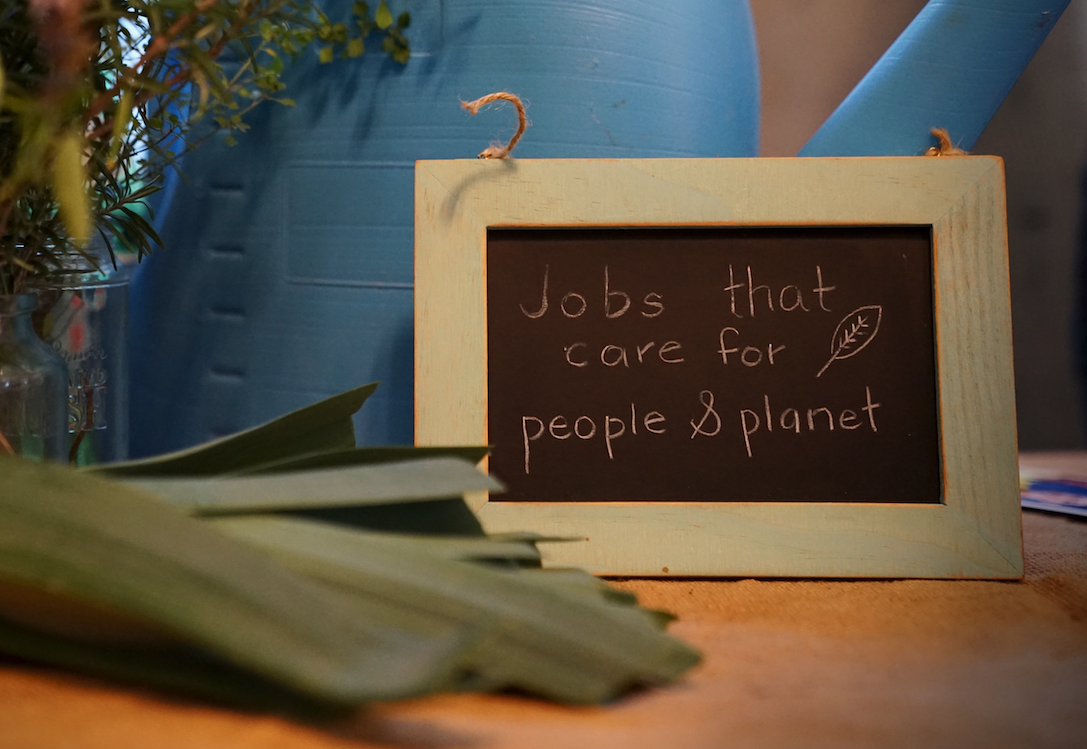
What is a social enterprise?
A social enterprise is a business that puts people and the planet first. They trade like any other business but exist specifically to make the world a better place.
Summary
It is estimated that there are over 12,000 social enterprises in Australia, that make a shared economic contribution of $21.3 billion and account for $1% of GDP 1 . They employ about 206,000 people, or 1.6% of the workforce; that’s about the same number of people as the Arts and Recreation Services or the Mining Industry (Business for good: the size and economic contribution of social enterprise in Australia, 2022).
Social enterprises have many faces: a café training and employing survivors of domestic violence, a super fund that only invests in things that support people and planet, a community-owned wind farm, or a provider of quality affordable housing.
There are challenges, areas of public need and political imperative, that social enterprises are uniquely placed to respond to. These include access to decent work for people most shut out of the labour market, people-centred services, environmental care, and place-based and community-led innovation. They address product or service gaps, particularly in disadvantaged communities and thin markets.
But they need targeted support to reach their potential. Because social enterprises sit between traditional business and charity, many fall through the gaps in the support infrastructures that exist. They do the job of both without the enablers of either.
Social enterprises in Australia have different legal structures, business models and operating contexts, but they have one thing in common: they work in a way that is consistent with the five Global Standards (‘the standards').
The standards set out that a social enterprise:
- Exists to solve a social or environmental problem
- Prioritises purpose, people and planet over profit in operational decisions
- Has a self-sustaining revenue model
- Reinvests the majority of any surplus towards purpose
- Chooses legal structures and financing that lock-in purpose long term.
Each standard has a scale with levels from one to five.
As the verification partners in Australia, state and territory peak bodies use the standards to verify social enterprises.

We’d love to hear from you!
Reach out to one of our team members, and share input and ideas about how we can evolve Understorey.
Get in touch